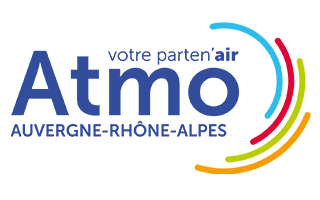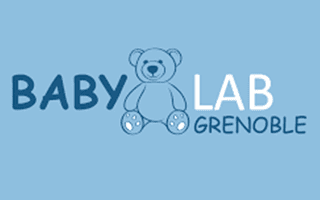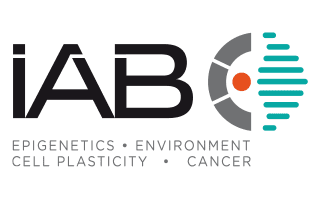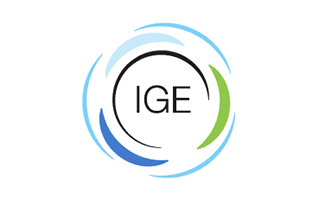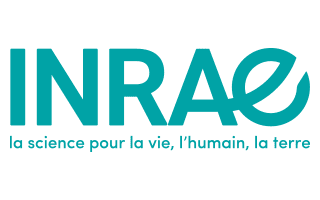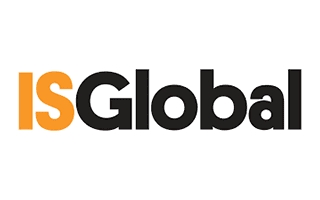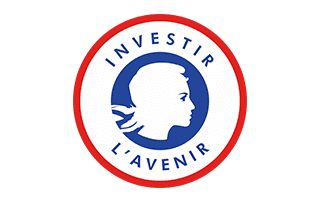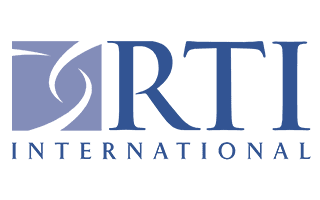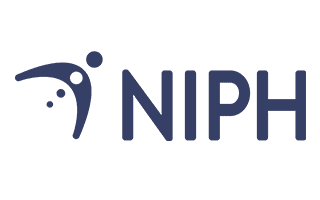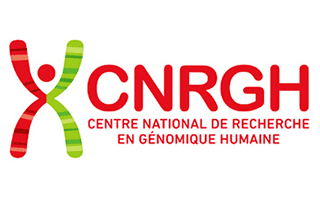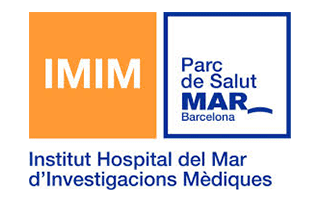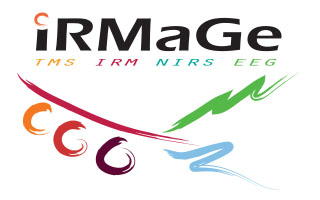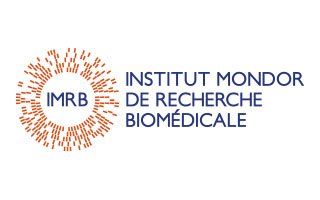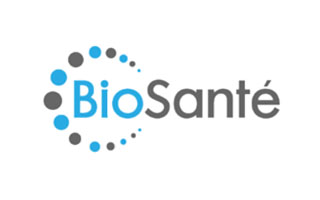Partners
The SEPAGES team has developed numerous partnerships to collect, analyze, and enhance the data of this large research collaboration.
Ultrasound clinics in the Grenoble region
By opening their doors to the SEPAGES team, they facilitated the recruitment of pregnant women starting at the first trimester of pregnancy.
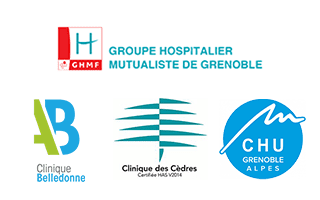
The four maternity wards of the Grenoble metropolitan area
Thanks to the involvement of the medical teams of the Grenoble-area maternity wards region that participated in the SEPAGES study, samples were acquired at the time of delivery and just after birth during the postpartum period. The participating maternity wards are those of the Clinique Mutualiste, the Clinique Belledonne, the Clinique des Cèdres, and l’Hôpital Couple Enfant.
Grenoble Alpes University Hospital Center
The University Hospital Center is the promoter of the SEPAGES cohort. The Biological Resource Center of the Grenoble Alpes University Hospital Center, which is a certified biobank, oversees aliquoting and storage of all biological samples of the cohort. Over time, the Biological Resource Center has aliquoted 80 000 samples! The Institute of Biology and Pathology of the Grenoble Alpes University Hospital is responsible for assessing thyroid hormones, selenium, and urinary iodine.
See the siteThe Air Rhône Alpes Association
provides the cohort’s scientific team with air pollution data that, in addition to data from personal dosimeters, can be used to estimate volunteers’ exposure to different pollutants (PM2.5, PM10, NO2, ozone).
See the siteThe Grenoble Center for Studies of Infants and Young Children
Babylab specializes in the study of the development of sensory abilities and motor skills of infants or very young children. Within the framework of the SEPAGES study, eye-tracking measurements were made on two-year-old children.
See the siteThe Immunology and Immunotherapy for Chronic Diseases Team
of the Institute for the Advancement of Biosciences collaborates with the SEPAGES team and is responsible for assessing immunological markers in the blood drawn during pregnancy and in cord blood.
See the siteThe Atmospheric Chemistry Team
of the Institute of Environmental Geoscience collaborates with the SEPAGES team and is responsible for analyzing the oxidative potential of PM2.5 filters from MicroPem microsensors.
See the siteThe Phylogenetics and Physiology Human Microbiome team
of the Micalis Institute at INRAE is responsible for analyzing the microbiota from the meconium and stool samples collected from the cohort.
See the siteISGlobal
is a large health research center in Barcelona, Spain. For many years, the scientific team of the SEPAGES cohort has collaborated with the environmental epidemiology teams at this international research center. Within the framework of the SEPAGES cohort, some 50 SEPAGES women also participated in the protocol of the European HELIX project coordinated by ISGLOBAL.
See the siteThe Inserm RE-CO-NAI platform
is funded by the General Investment Commissioner. All data from the SEPAGES cohort are securely stored on this platform.
See the siteRTI
developed MicroPem (the tool used in the cohort to measure personal exposure to PM2.5). RTI provides technical assistance to the SEPAGES cohort team.
See the siteThe Norwegian Institute of Public Health
is in charge of chemical assessments of biological samples.
See the siteThe National Research Center in Human Genomics
is in charge of epigenotyping biological samples.
See the siteThe Hospital del Mar Medical Research Institute
is in charge of assessing steroid hormones in biological samples.
See the siteQuebec Toxicology Center
is in charge of the dosages of chemical pollutants in biological samples.
See the siteIRMaGe
MRI monitoring is carried out in partnership with the IRMaGe research platform. All MRIs are performed on the Clinical and Cognitive MRI scanner of the platform.
See the siteMondor Institute for Biomedical Research
is in charge of assessing lipid in blood samples from mothers and children.
See the siteLaboratory of Biology and Biotechnology for Health
is in charge of the histological analyses of the placenta.
See the site
